نظام التضاريس البشرية: احياء لمشروع التجسس على العراقيين في الداخل والخارج من قبل الولايات المتحدة25/6/2018 بعد الغزو الامريكي لافغانستان والعراق وبروز تنظيمات مسلحة مقاومة للاحتلال في كلا البلدين, كانت القوات الامريكية بحاجة ماسة لجمع المعلومات ومعرفة ادق التفاصيل حول طبائع الشعوب ومزاجها العام واسلوب تفكيرها, لكي تحافظ القوات المنتشرة هناك على مكتسباتها بعد الغزو وذلك عبر تفكيك المجتماعات والتقليل من غضب السكان المحليين على القوات الغازية لبلادهم. فبعض السكان لايبالون بوجود الغزاة ويتقبل فكرة وجودهم على ارضه والبعض الاخر يرفض هذا الوجود، بل حتى يقاومه بشتى الوسائل مع وجود فوارق تتعلق بطريقة واسلوب هذه المقاومة بين مكان وآخر
1 Comment
Years of living under the ISIS, and nine months of fierce fighting to liberate Mosul, have left the children of this city with dangerous levels of mental and psychological damage. Any support from the government of Iraq for the affected children and their parents is totally missing.
The city was retaken from IS a year ago, yet the humanitarian crisis in Mosul still exists. The nine-month war to take back the city has led to its near total destruction and tens of thousands of casualties, and left great humanitarian suffering and a health crisis, especially, for children. The children of Mosul are the first that suffered from the siege imposed by the Iraqi government, which lasted for three years, after IS invasion of the city in 2014, and caused a shortage of food, medication and lack of public healthcare services. These children also suffered from heavy bombardment and shelling by Iraqi forces & militias backed by US-led airstrikes, during the military operation to reclaim their city from IS. The horrific massacres, barbaric bombardment, the intensity of the sound of explosions and the scenes of dead bodies and blood in the streets of the city, in addition to the bombs that destroyed the homes of the children scarred them and have had huge impacts on their mental health. The equivalent of $227 billion in public funds in Iraq has gone missing through shell companies.
LONDON - Iraq has raised more than $700 billion from oil since 2005, but almost the entire amount has been spent, the central bank announced Tuesday. “Between 2005 and 2017, the finance ministry has taken in $706.23 billion dollars in foreign exchange” from oil, it said in a statement. “A total of $703.11 billion, or 99.5 percent of the amount, has been spent,” it said. The National Iranian Oil Company announced that Tehran’s revenues from the joint oil fields with Iraq amounted to $5 billion annually.
According to the government run IRNA news agency, the Iranian Oil Ministry announced that 300,000 barrels are produced in the oil fields west of the Karun River per day. Iraq and Iran have been ranked as the second and third largest producers of oil in the Organisation of the Petroleum Exporting Countries (OPEC). Five Iraqi oil fields are located on the border with Iran, while the two countries share five other fields, it is estimated that they hold some 95 billion barrels of crude oil. Source: www.middleeastmonitor.com/20180611-iran-earns-5bn-annually-from-joint-oil-fields-with-iraq/ Iraq's prime minister has banned all high ranking members of the country's election commission (IHEC) from travelling abroad after citing "dangerous violations" in the recent parliamentary election.
Shia leader Muqtada al-Sadr's Sairoon coalition beat all expectations on May 12 to win 54 out of 328 seats in parliament, after successfully launching an anti-corruption campaign in the impoverished, but oil-rich country. Prime Minister Haider al-Abadi told a news conference on Tuesday that criminal charges might be brought against some people, after he blamed electronic vote counting devices used by the IHEC, which he said hadn't been used without prior inspection for errors. Abadi's al-Nasr Alliance came third in the poll with only 42 seats. I was 23 years old and only knew so much. Unfortunately, it wasn’t enough.
On the evening of 25 January 2007, my platoon left the gates of Forward Operating Base (FOB) Rustamiyah and snaked through the streets of East Baghdad, Iraq. Our mission was to link up with and check on some local Iraqi policemen. It was a dangerous time. Upwards of 100 U.S. soldiers were being killed each month—many, if not most, in the capital city. We’d been in the same area the night before. A drone spotted some men carrying a long, cumbersome object in and out of a local mosque and we were tasked to respond. That’s how it went back then. We stopped the men, sat them on the curb, searched their persons and made them wait while we called in Iraqi troops to search the mosque. It was clean (no weapons), as it turned out. It also turned out that the large transported object was a coffin containing the body of a young man. We had searched, delayed, and humiliated his brothers and distraught father. The next night, I’d meant to bypass the mosque and take a more circuitous path. My new senior scout, who commanded the lead Humvee, and I had discussed my preferred route over a map before the mission. But when he later missed his turn and pulled onto the same, broad, mosque-laden avenue, I had neither the courage nor the confidence to correct the sergeant. There have been a growing number of refugees fleeing Iraq since the US-led invasion to this county in March 2003. Millions of Iraqi people fled their home to escape the violence of the occupation, and the subsequent outbreak of a civil war between various sectarian groups, mainly Iran-backed militias, terrorist groups and political factions.
According to the United Nations High Commissioner for Refugees (UNHCR), there is an estimate of over 4 million Iraqi refugees around the world, including 1.9 million in Iraq, 2 million in neighbouring Middle East countries, and around 200,000 in countries outside the Middle East. Since 2006, Iraqis have been the leading nationality seeking asylum in industrialised countries, including the EU. Increasing tensions in the Middle East and the treatment of Iraqi refugees as temporary guests in the Arab states has led to increased travel distance for Iraqi asylum seekers. Nevertheless, Europe's performance in addressing the refugee crisis that resulted from the US-led invasion of Iraq has been widely criticised by the UNHCR, which denounced the small number of asylum applicants accepted by the EU. The Association of Muslim Scholars in Iraq (AMSI) recently released a statement setting out their opposition position to Iraq’s recent election and the political process in general.
The statement, delivered by Dr Muthanna al Dari, continued AMSI’s long-held stance against an electoral process borne from foreign occupation. He analysed the pitfalls of the latest elections specifically and the situation in Iraq more widely, before concluding by calling for a new and genuine national political settlement. |
Archives
September 2023
Categories |

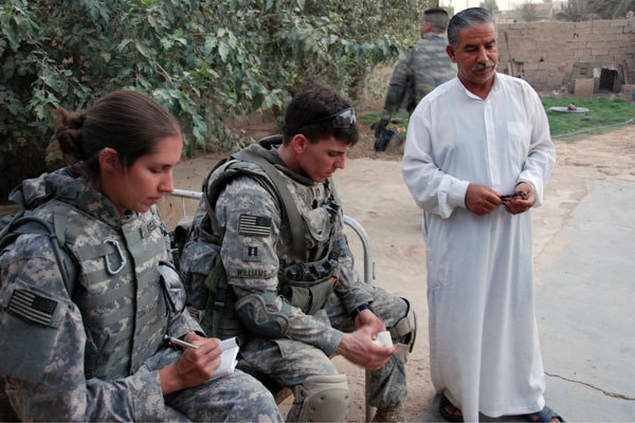
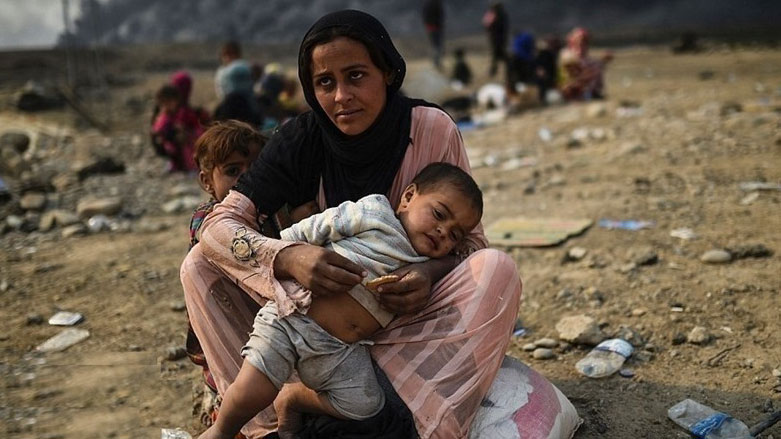
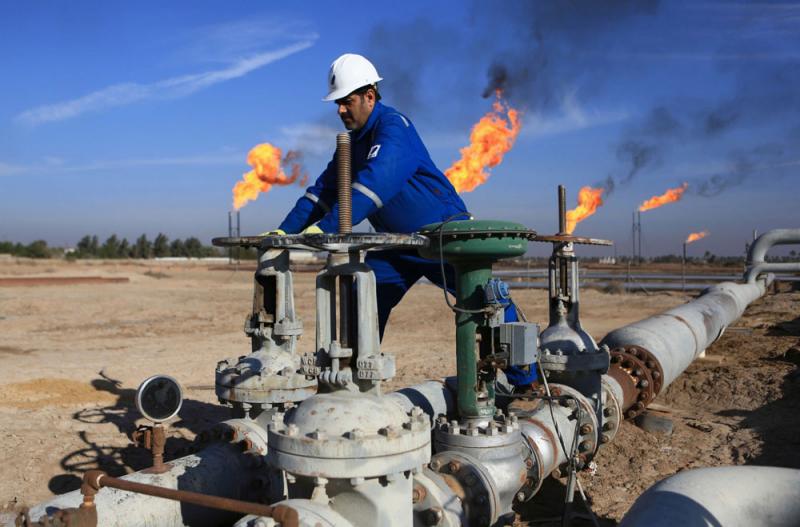
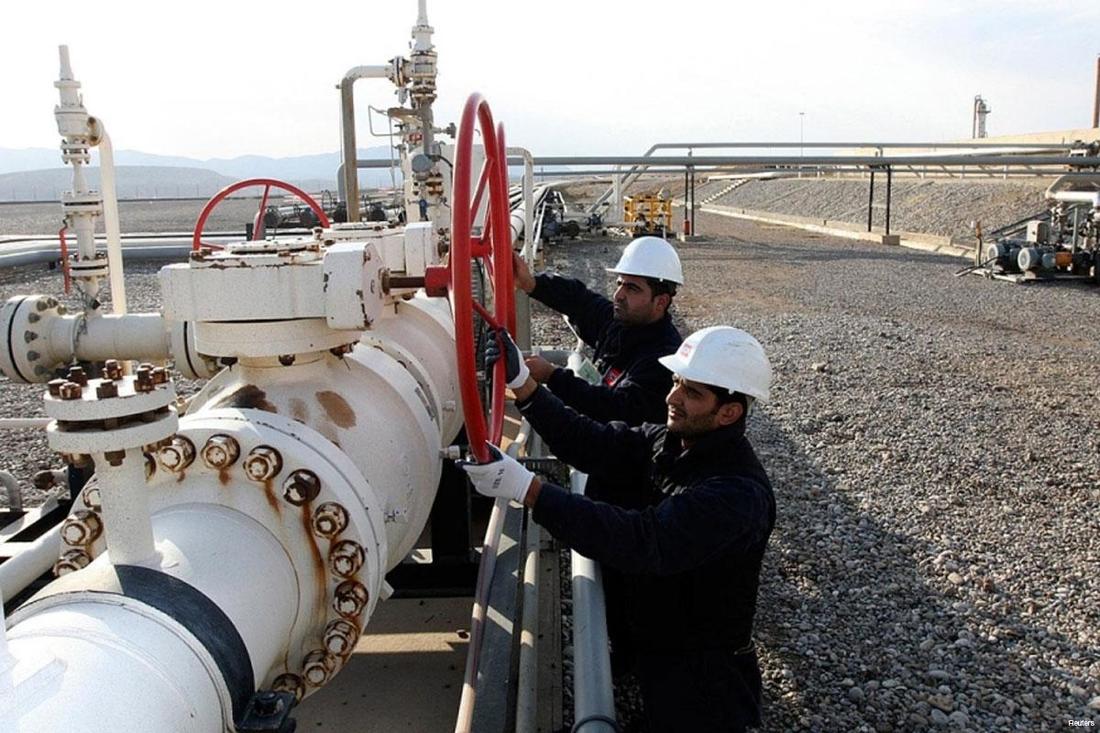
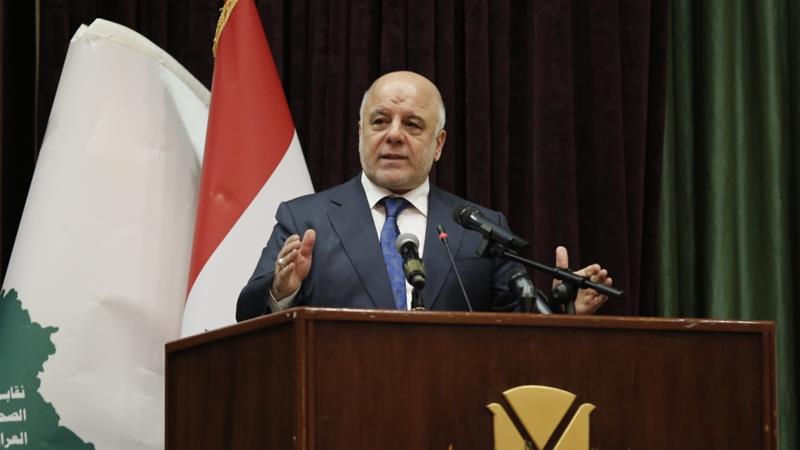
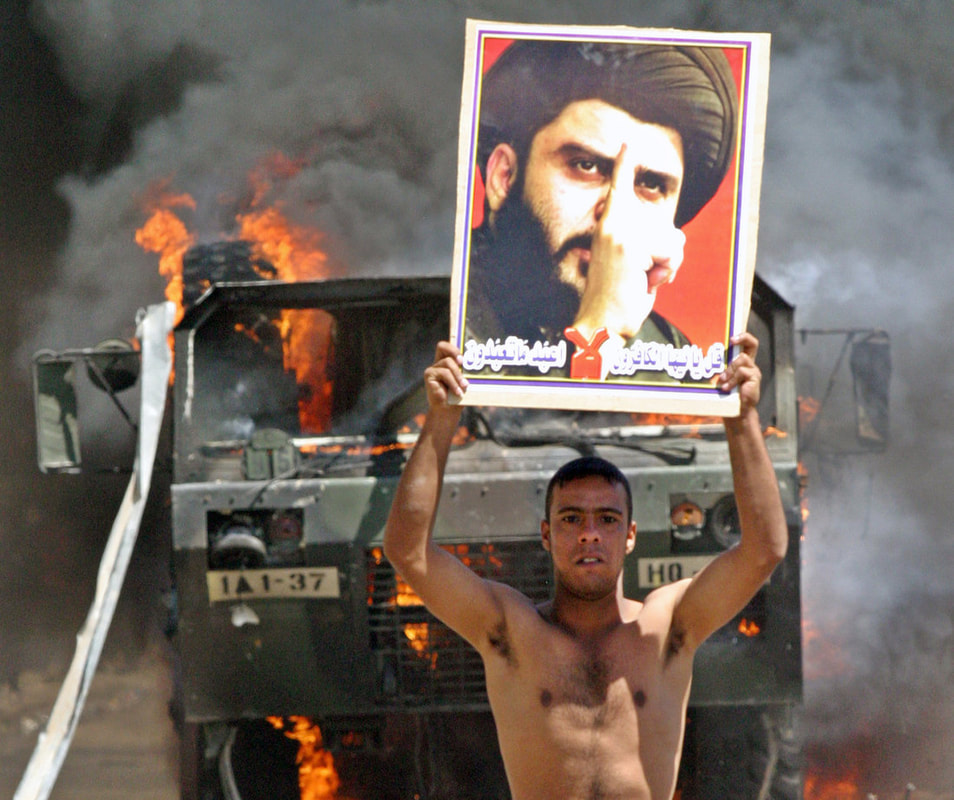
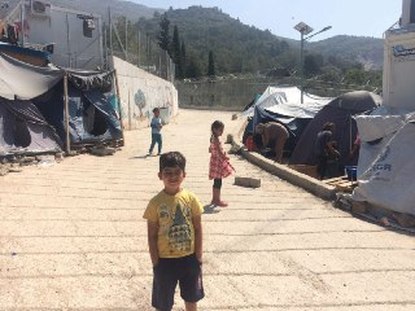
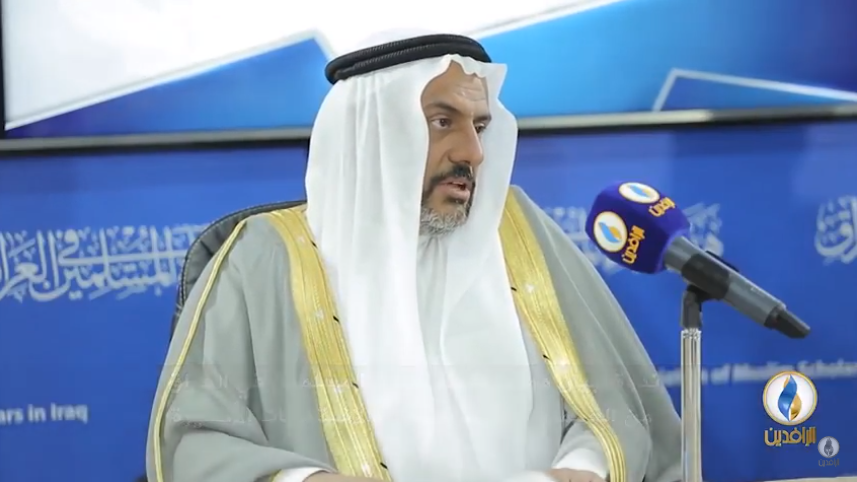
 RSS Feed
RSS Feed